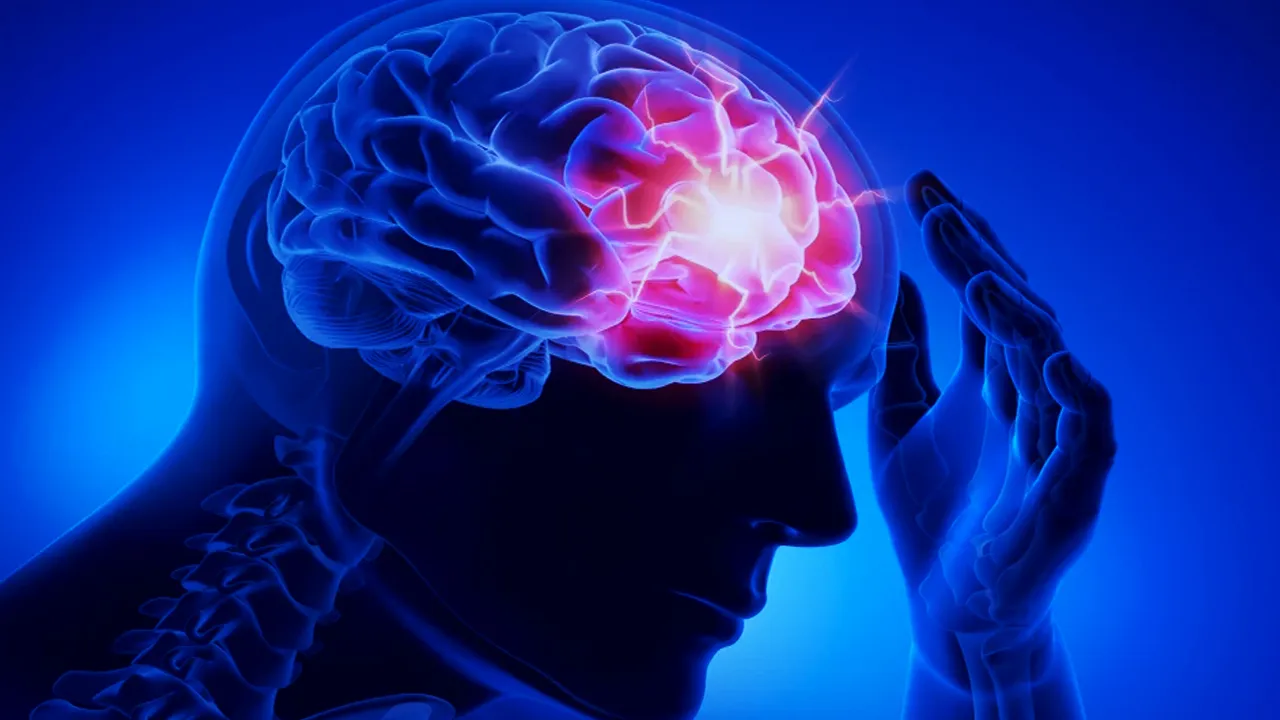Primarily generalized tonic-clonic seizures (PGTCS) is a type of seizure that affects the entire brain and can cause seizures presenting with loss of consciousness, convulsions, and muscle rigidity.
During the convulsions, the person may experience jerking movements of the arms and legs, bite their tongue, or lose control of their bladder or bowels. After the seizure, the person may feel confused and tired, have difficulty speaking or moving, and experience headaches and muscle soreness.
The PGTCS diagnosis is typically based on the person’s medical history, symptoms, physical and neurologic exams, electroencephalogram (EEG), or magnetic resonance imaging (MRI).
The treatment of PGTCS typically involves medications, such as antiepileptic drugs (AEDs), to reduce the abnormal electrical activity in the brain and control seizures. In some cases, and if the medications are ineffective in controlling seizures, surgery may be recommended to remove the part of the brain causing the seizures.
Lifestyle changes may also be recommended to help manage PGTCS. These may include getting enough sleep, avoiding alcohol and drugs, and managing stress.
Complications of PGTCS include injury from falls, breathing difficulties, and even death. There is no known way to prevent PGTCS, but there are steps that can be taken to reduce the risk of seizures, such as taking medications as prescribed, getting enough sleep, avoiding alcohol and drugs, and managing stress.

Comments are closed.